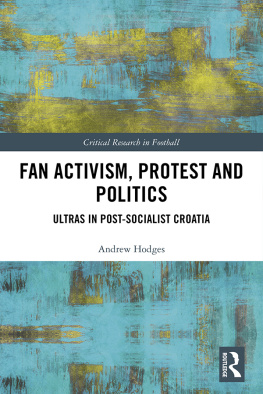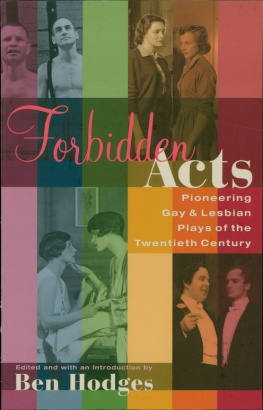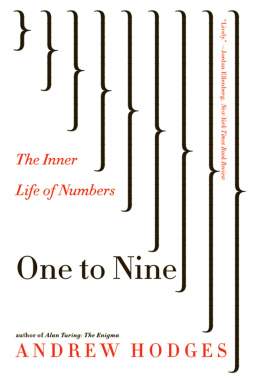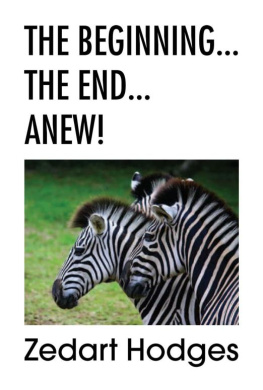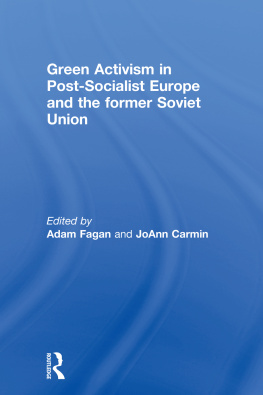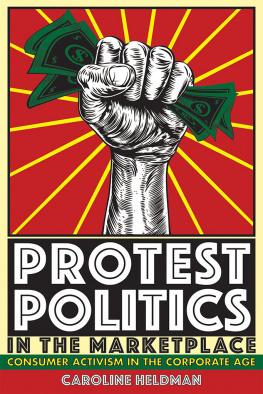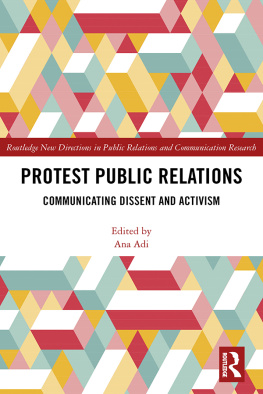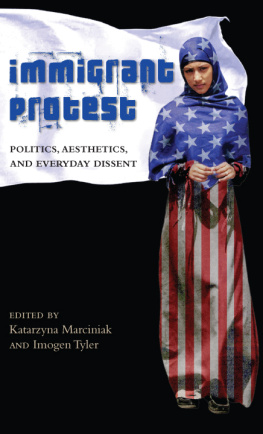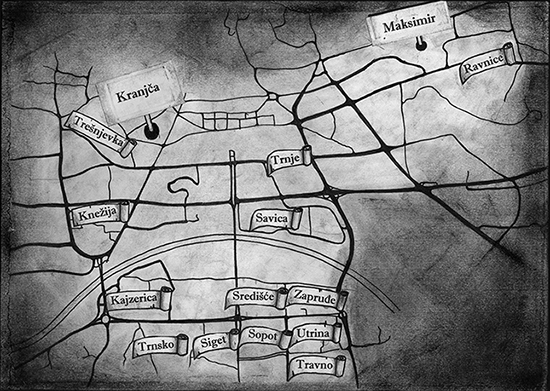Table of Contents
Pages
Fan Activism, Protest and Politics
In what sense can organized football fans be understood as political actors or participants in social movements? How do fan struggles link to wider social and political transformations? And what methodological dilemmas arise when researching fan activism? Fan Activism, Protest and Politics seeks ethnographic answers to these questions in a context Zagreb, Croatia shaped by the recent Yugoslav wars, nation-state building, post-socialist transition and EU accession.
Through in-depth ethnography following the everyday subcultural practices of a left-wing fan group, NK Zagrebs White Angels, alongside terrace observations and interviews conducted with members of GNK Dinamos Bad Blue Boys, this book details fans interactions with the police, club management, state authorities and other fan groups. Themes ranging from politics, socialization, masculinity, sexuality, violence and fan authenticity are examined. In moving between two groups, the book explores methodological issues of wider relevance to researchers using ethnographic methods.
This is important reading for students and researchers alike in the fields of football studies, regional studies of the former Yugoslavia and post-socialism, political sociology and social movements, and studies of masculinity, gender and sexuality. A useful resource for scholars writing about social movements and protest, or post-socialist subcultural scenes in south-east Europe, the book is also a fascinating read for policymakers interested in better understanding the contemporary (geo)political situation in the region.
Andrew Hodges is a social anthropologist working at the Leibniz Institute for East and Southeast European Studies in Regensburg, Germany. His main research interests include the anthropology and sociology of football fandom, minority language activism, and the politics of knowledge production. He has written extensively about left and progressive fan initiatives in Zagreb, Croatia, and about Croatian minority activist networks in Serbia, analysing them both as social movements.
Critical Research in Football
Series Editor
Pete Millward
Liverpool John Moores University, UK
Editorial Board
Jamie Cleland, University of Southern Australia
Dan Parnell, Manchester Metropolitan University, UK
Stacey Pope, Durham University, UK
Paul Widdop, Leeds Beckett University, UK
The Critical Research in Football book series was launched in 2017 to showcase the inter- and multi-disciplinary breadth of debate relating to football. The series defines football as broader than association football, with research on rugby, Gaelic and gridiron codes also featured. Including monographs, edited collections, short books and textbooks, books in the series are written and/or edited by leading experts in the field whilst consciously also affording space to emerging voices in the area, and are designed to appeal to students, postgraduate students and scholars who are interested in the range of disciplines in which critical research in football connects. The series is published in association with the Football Collective, www.footballcollective.org.uk.
Available in this series
Fan Activism, Protest and Politics
Ultras in Post-Socialist Croatia
Andrew Hodges
www.routledge.com/sport/series/CFSFC
Fan Activism, Protest and Politics
Ultras in Post-Socialist Croatia
Andrew Hodges

First published 2019
by Routledge
2 Park Square, Milton Park, Abingdon, Oxon OX14 4RN
and by Routledge
711 Third Avenue, New York, NY 10017
Routledge is an imprint of the Taylor & Francis Group, an informa business
2019 Andrew Hodges
The right of Andrew Hodges to be identified as author of this work has been asserted by him in accordance with sections 77 and 78 of the Copyright, Designs and Patents Act 1988.
All rights reserved. No part of this book may be reprinted or reproduced or utilised in any form or by any electronic, mechanical, or other means, now known or hereafter invented, including photocopying and recording, or in any information storage or retrieval system, without permission in writing from the publishers.
Trademark notice: Product or corporate names may be trademarks or registered trademarks, and are used only for identification and explanation without intent to infringe.
British Library Cataloguing-in-Publication Data
A catalogue record for this book is available from the British Library
Library of Congress Cataloging-in-Publication Data
A catalog record has been requested for this book
ISBN: 978-0-8153-6022-3 (hbk)
ISBN: 978-1-351-11886-6 (ebk)
Typeset in Sabon
by Wearset Ltd, Boldon, Tyne and Wear
Contents
Figures
Introduction
Football fandom in the European semi-periphery
Introduction
Long wooden benches and wet plastic seats stretch out across the length of a football pitch in the Zagreb neighbourhood of Dugave, south of Travno ( who describes himself as a punk and as an old member of the Dinamo fan association the Bad Blue Boys. He is in his late 30s and grew up in the neighbourhood where the match is taking place, offering his services as a cook when he heard about the new club. When he hears I am from the UK, he tells me the story of a player, Igor Bian, also from the same neighbourhood, who went on to play for Dinamo, and later Liverpool, before returning to play for Dinamo again and then managing a lower league local club. Emphasizing how Bian never forgot about the people and neighbourhood in which he grew up, he describes how during the period when Bian played for Liverpool, on one occasion, he turned up in Dugave in his car. He got out and opened the car boot, which was full of Liverpool kit which he then distributed to his friends in the neighbourhood before leaving.
Figure 0.1 A map of Zagreb, including several important neighbourhoods, and the locations of the two football grounds: Maksimir (GNK Dinamo) and Kranjevieva (NK Zagreb).
Bians career tells a story common to many who have succeeded in Croatian football, of a gradual ascent through the various clubs and/or football academies in Croatia and the surrounding region, before playing professional football, typically in Western Europe, with the management of top level Croatian clubs such as Dinamo, Hajduk Split, Rijeka and Osijek selling such players for large transfer fees to teams participating in the Big Five leagues, where, the enormous riches pouring into European football may have produced an unrivalled spectacle of top-class players from around the globe producing football of the highest standard, played out in state-of-the-art stadiums, nevertheless accompanied by instability in the game, and barely concealed resentment of fan exploitation (Kennedy and Kennedy 2012, 328329).
The above account also stresses the importance of local solidarities, and is part of a wider story in which mostly men who gather collectively in public spaces feature. Such are many of the stories told about Croatian football, a relic of strong patriarchal tendencies in the post-Yugoslav space, and the gendering of football as a predominantly male domain. Yet there are other stories to be told. Dugave, where the above match was taking place, was a neighbourhood directly affected by the recent humanitarian crisis that resulted in refugee flows through the region in 20152016 (Buinki and Hamerak 2017). The neighbourhood housed a reception centre for refugees, some of whom were involved in the community club playing there. Founding a new club and working with refugees was in part a political response taken by some members of an explicitly left-wing fan association named White Angels Zagreb. It emerged as a reaction to the changing conditions and fortunes of Croatian football, amidst increasing alienation from the previously top-league club, NK Zagreb, which they had previously followed and which some members continued to follow.

